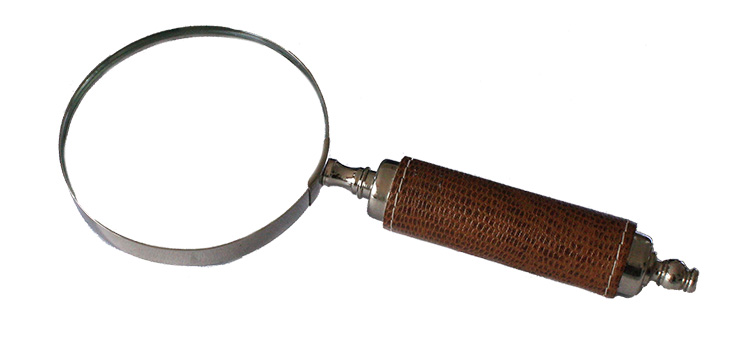In State v. Ivonne Saavedra, the Supreme Court of New Jersey held that a school board clerk could be criminally indicted for taking confidential documents from the North Bergen Board of Education. In so ruling, the court rejected the defendant’s arguments that that Quinlan v. Curtiss-Wright Corp., 204 N.J. 239 (2010), immunized her conduct and prohibited her prosecution because the public documents at issue were taken for use in employment discrimination litigation.

The Facts of the Case
Ivonne Saavedra, an employee of the North Bergen Board of Education (Board), filed an employment discrimination lawsuit against the Board. In discovery, her attorney produced several hundred documents that allegedly had been removed or copied from Board files. According to the Board, the documents included highly confidential student educational and medical records that were protected by federal and state privacy laws. The Board reported the alleged theft of its documents to the county prosecutor.
Prosecutors presented the matter to a grand jury, which indicted defendant for official misconduct and theft by unlawful taking of public documents. Among other arguments raised in her defense, Saavedra argued that Quinlan shielded her from prosecution because the public documents at issue were taken for use in employment discrimination litigation. In Quinlan, the Supreme Court of New Jersey held that an employee has a legal right to take confidential documents from their employer to use in employment discrimination litigation. The trial court denied the motion, and the Appellate Division affirmed the trial court’s determination.
The Court’s Decision
The court held that the trial court properly denied defendant’s motion to dismiss her indictment, specifically concluding that defendant’s indictment does not violate due process standards or New Jersey public policy by conflicting with the Court’s decision in Quinlan.
The Supreme Court held that Quinlan concerned the legal standard that governs certain retaliation claims under the New Jersey Law Against Discrimination (LAD) and did not govern the application of the criminal laws in this case. In Quinland the plaintiff was able to maintain a retaliation claim under LAD after being terminated from her position for taking documents from her employer for use in an ongoing employment discrimination litigation. The Court concluded that this civil retaliation did not immunize Saavedra from criminal prosecution for official misconduct or theft.
“[T]he Court’s decision in Quinlan did not endorse self-help as an alternative to the legal process in employment discrimination litigation. Nor did Quinlan address any issue of criminal law,” Justice Patterson explained. “Indeed, nothing in Quinlan states or implies that the anti-discrimination policy of the (state’s Law of Discrimination) immunizes from prosecution an employee who takes his or her employer’s documents for use in a discrimination case.”
However, the Court noted that its decision did not preclude defendant from asserting, as an affirmative defense at trial, that she has a claim of right or other justification based on New Jersey’s policy against employment discrimination, because she removed the documents from her employer’s premises in order to use them to prosecute her civil claim. “The trial court will be in a position to evaluate any such assertion in the setting of a full record regarding defendant’s conduct, the content of the documents, the Board’s policies regarding the records, and the impact of federal and state privacy laws,” the panel stated.
For more information about the court’s decision or the legal issues involved, we encourage you to contact a member of Scarinci Hollenbeck’s Government Law Group.
